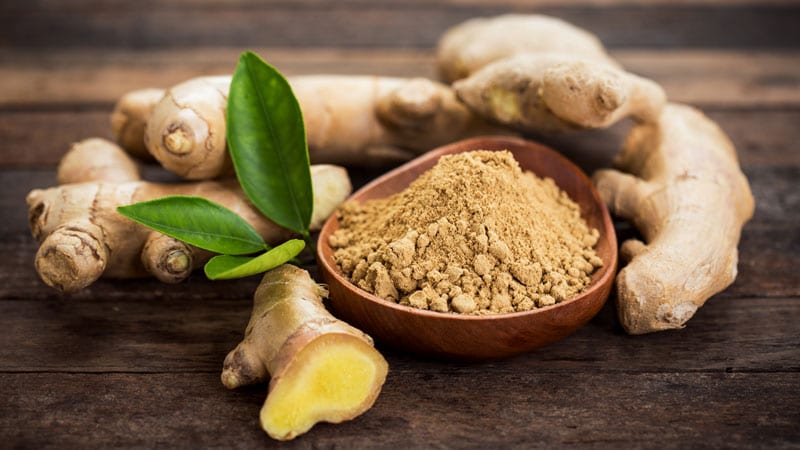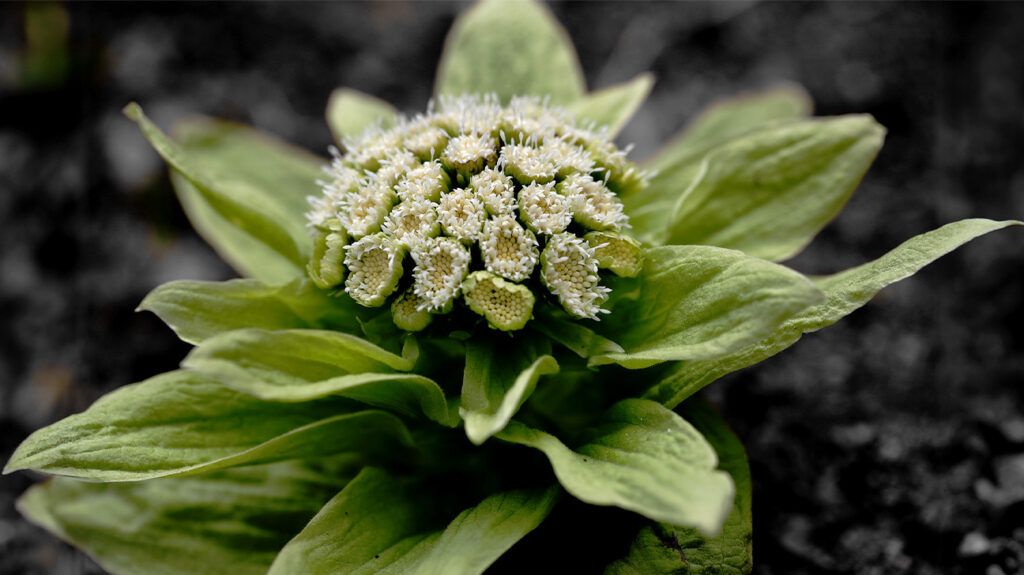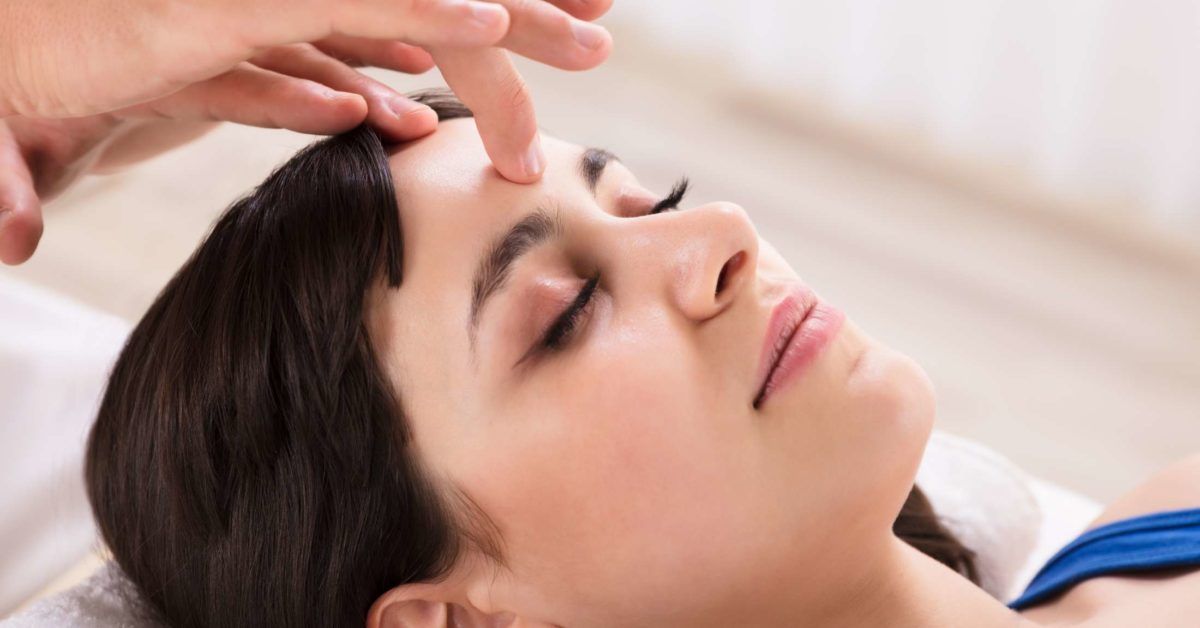Migraine headaches are one of the most common yet debilitating conditions, affecting millions of people worldwide. Unlike regular headaches, migraines are often accompanied by severe pain, nausea, and light sensitivity. Though medications can help relieve migraine symptoms, many people are turning to natural remedies to prevent or manage their migraines. These remedies include herbal treatments, lifestyle changes, and dietary adjustments that can be equally effective in alleviating migraine symptoms. Discover effective natural migraine remedies, from essential oils like peppermint and lavender to herbal supplements and acupressure techniques. Find relief today.
In this article, we’ll explore 15 natural ways to reduce migraine symptoms, including various herbs, tips, and remedies to help you manage and possibly prevent migraines. From understanding the symptoms and types of migraines to incorporating effective lifestyle changes, these natural solutions can empower you to take control of your health and well-being. Learn about the best migraine remedies, including ginger, magnesium, and essential oils.
Understanding Migraines: Symptoms and Types
Migraines are severe, recurring headaches often characterized by intense throbbing or pulsing pain, typically on one side of the head. Other symptoms, such as nausea, vomiting, and sensitivity to light, sound, or smell, often accompany the pain. Migraines can last from a few hours to several days, making them particularly disabling.
Symptoms of Migraines:
- Intense, throbbing pain on one or both sides of the head
- Nausea and vomiting
- Sensitivity to light, sound, and smells
- Visual disturbances such as auras (flashes of light or blind spots)
- Dizziness or vertigo
- Difficulty concentrating or thinking clearly
Types of Migraines:
- Migraine with Aura: This Includes visual disturbances or sensory changes before the headache begins. Auras can include flashing lights, zigzag patterns, or blind spots.
- Migraine Without Aura: This is the most common type, where migraine symptoms appear without the preceding aura.
- Chronic Migraine: Migraines that occur 15 or more days a month for at least three months.
- Hemiplegic Migraine: A rare and severe type that causes temporary paralysis or weakness on one side of the body, often mistaken for a stroke.
- Menstrual Migraine: Migraines that are triggered by hormonal changes during the menstrual cycle.
While these are common types of migraines, the severity and symptoms can vary significantly from one person to another.
13 Natural Ways to Reduce Migraine Symptoms
Here are 15 natural approaches to help reduce migraine symptoms, focusing on herbs, lifestyle adjustments, and other remedies:
1. Ginger Root

Ginger is known for its anti-inflammatory properties and can be particularly helpful in alleviating nausea and discomfort associated with migraines. It works by reducing inflammation and soothing the stomach.
- How to Use: Brew ginger tea by steeping fresh ginger slices in hot water. You can also take ginger supplements or chew a small piece of raw ginger for relief.
2. Magnesium Supplements

Magnesium deficiency has been linked to more frequent migraines. Supplementing magnesium can help reduce both the frequency and intensity of migraines. It helps regulate nerve activity and improves blood circulation.
- How to Use: Magnesium can be taken as a daily supplement or found in foods like spinach, almonds, bananas, and avocados. If using supplements, consult a healthcare provider to determine the right dosage.
3. Feverfew Herb

Feverfew has been used for centuries to prevent migraines. This herb helps reduce inflammation and inhibits the release of substances that cause blood vessels to constrict, which is a common trigger for migraines.
- How to Use: Feverfew is available in capsule form or as a tea made from steeping fresh or dried feverfew leaves in hot water. Consistent use may reduce migraine frequency over time.
4. Butterbur

Butterbur is another herb that has shown promise in reducing migraine attacks. It helps relax blood vessels in the brain and reduces inflammation, triggering migraines.
- How to Use: Butterbur is available in capsule form. Make sure to choose supplements that have been processed to remove harmful compounds like pyrrolizidine alkaloids. Always consult a healthcare provider before use.
5. Acupressure

Acupressure involves applying pressure to specific points on the body to relieve pain and tension. For migraines, this technique can help reduce pain and alleviate nausea.
- How to Use: One commonly recommended acupressure point is “LI-4,” between the thumb and index finger. Apply firm pressure to this point for a few minutes to help reduce migraine symptoms.
6. Hydration

Dehydration is a frequent migraine trigger, so staying hydrated is essential in both preventing and managing migraines. Proper hydration helps maintain fluid balance and supports overall bodily functions.
- How to Use: Drink plenty of water throughout the day, aiming for at least 8 cups (2 liters). Staying hydrated early on can help reduce symptoms when a migraine develops.
7. B-Complex Vitamins

B vitamins, especially riboflavin (B2), B6, and B12, are beneficial in reducing the frequency and severity of migraines. These vitamins reduce inflammation and support energy production at the cellular level.
- How to Use: Include B-vitamin-rich foods such as whole grains, leafy greens, eggs, and dairy. B-complex supplements can be taken if needed after consulting with a healthcare provider.
8. Caffeine in Moderation

Caffeine, when consumed in small amounts, can help reduce migraine pain. It can constrict blood vessels and enhance the effectiveness of pain-relieving medications. However, excessive caffeine can lead to rebound headaches.
- How to Use: A small cup of coffee or tea can offer relief at the onset of a migraine. Avoid overconsumption to prevent triggering migraines in the long term.
9. Yoga and Meditation

Since stress is a common trigger for migraines, practices like yoga and meditation can help alleviate migraine symptoms by promoting relaxation and reducing muscle tension. These activities also help improve overall mental well-being.
- How to Use: Engage in yoga poses emphasizing deep breathing and neck stretches. Meditate for 15 to 30 minutes each day to help reduce stress and increase physical resilience to migraines.
10. Essential Oils

Essential oils such as eucalyptus, chamomile, and rosemary can help alleviate migraine symptoms by reducing tension and promoting relaxation. These oils, in combination with peppermint or lavender, can enhance relief.
- How to Use: Inhale essential oils directly or diffuse them throughout your space to create a calming atmosphere. You can also apply diluted oils to your temples or neck to relieve discomfort.
11. Aromatherapy

Aromatherapy uses essential oils to promote relaxation and reduce migraine pain. Lavender, eucalyptus, and rosemary oils are particularly effective for their soothing and pain-relieving properties.
- How to Use: An essential oil diffuser fills your room with the calming aromas of lavender, eucalyptus, and rosemary. Alternatively, inhale the scent from a tissue with a few drops of your chosen oil for immediate relief.
12. Dietary Adjustments

Certain foods and beverages can trigger migraines, including chocolate, alcohol, processed meats, and foods with MSG. Identifying and avoiding these triggers can help reduce the frequency and intensity of migraine attacks.
- How to Use: Keep a food diary to track potential migraine triggers. Once you’ve identified your triggers, avoid them to minimize the risk of migraines.
13. Cold and Warm Compresses

Applying a cold or warm compress can offer significant relief from migraine pain. Cold compresses numb the area and reduce inflammation, while warm compresses help relax tense muscles and improve blood flow.
- How to Use: Apply a cold compress to your forehead to reduce pain, or place a warm compress on your neck and shoulders to relieve muscle tension. Alternating between hot and cold compresses may also provide additional comfort.
By incorporating these natural remedies into your migraine management plan, you can help reduce the frequency and intensity of symptoms. Consistent use of these methods, along with lifestyle modifications, can offer lasting relief from the debilitating effects of migraines.
5 Essential Oils for Migraines
Essential oils have been valued for their therapeutic benefits for centuries, particularly in managing conditions like headaches and migraines. They can help reduce inflammation, alleviate pain, and promote relaxation, offering a natural solution for those seeking relief. Here are five essential oils known for their ability to help with migraines:
1. Peppermint Oil
Peppermint oil is widely used for its cooling and soothing effects, making it an effective remedy for migraines. The menthol in peppermint oil aids circulation, relieves muscle tension, and helps ease headache pain.
- How to Use: Dilute peppermint oil with a carrier oil and apply it to your temples, forehead, and neck. Alternatively, inhale its invigorating scent directly or use a diffuser to fill your space with its aroma.
2. Lavender Oil
Lavender oil is celebrated for its calming properties, which help alleviate the stress and anxiety often associated with migraines. It also relaxes the nervous system, easing headache pain and supporting better sleep.
- How to Use: Add a few drops of lavender oil to a bowl of hot water and inhale the steam, or diffuse it in your space. For targeted relief, dilute lavender oil and massage it gently onto your temples and neck.
3. Eucalyptus Oil
Eucalyptus oil is known for its analgesic and anti-inflammatory properties, effectively relieving migraine pain. It also helps clear nasal congestion, which can be beneficial if sinus issues contribute to migraines.
- How to Use: Dilute eucalyptus oil and apply it to your temples and forehead. Alternatively, add a few drops to hot water and inhale the steam, or use a diffuser to enjoy its therapeutic effects.
4. Chamomile Oil
Chamomile oil is recognized for its anti-inflammatory and calming effects. It can reduce the pain and tension associated with migraines while also promoting relaxation to prevent stress-induced headaches.
- How to Use: Inhale chamomile oil by adding a few drops to a diffuser or gently massaging diluted oil into your temples and neck to ease pain and tension.
5. Rosemary Oil
Rosemary oil contains compounds that reduce inflammation and improve circulation, which may help alleviate the throbbing pain commonly experienced during a migraine. It also has a calming effect that may help reduce headache severity.
- How to Use: Dilute rosemary oil and apply it to your temples and neck, or diffuse it in your room to create a peaceful environment. Inhaling the aroma may also provide relief from migraine symptoms.
When used correctly, these essential oils can be a valuable part of your migraine relief strategy, offering physical and emotional comfort.
Conclusion
Try these natural remedies like lavender, ginger, and magnesium to reduce pain and prevent future migraine. Migraines can be debilitating, but several natural remedies can help alleviate symptoms and reduce their frequency. There are numerous approaches to managing migraines, from using essential oils to incorporating magnesium and herbal supplements. However, it’s always advisable to consult a healthcare provider before trying new remedies, especially if you have preexisting health conditions or take medications.
By making lifestyle adjustments, adding helpful herbs to your routine, and avoiding known migraine triggers, you can take active steps toward reducing the severity and frequency of migraines. These natural remedies may offer relief and improve your overall quality of life.
FAQs
Q: Can natural remedies completely cure migraines?
A: While natural remedies can help reduce the frequency and severity of migraines, they may not provide a complete cure. Lifestyle changes and medical treatments may be necessary for comprehensive migraine management.
Q: How do I know which natural remedy works best for me?
A: Everyone is different, so trying various remedies and seeing what works best for you is essential. Keep track of your migraine triggers and symptoms to help identify which treatments provide the most relief.
Q: Are herbal supplements safe for everyone?
A: Some herbal supplements may interact with medications or cause side effects. Always consult a healthcare provider before starting any new herb, mainly if you are on prescription medications.
Q: How long does it take for natural remedies to show results?
A: The time it takes to see results can vary. Some remedies, like magnesium or ginger, may offer relief within a few hours, while others, such as feverfew, might require consistent use for several weeks.
Q: Can stress be a significant trigger for migraines?
A: Yes, stress is one of the most common migraine triggers. Stress management techniques such as yoga, meditation, and deep breathing exercises can help reduce the frequency and intensity of migraines.

